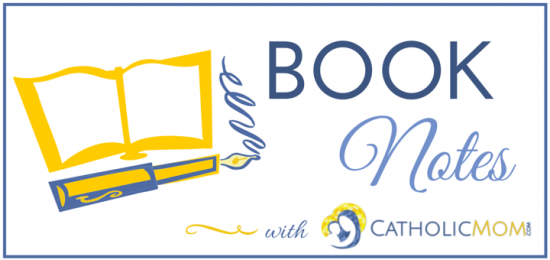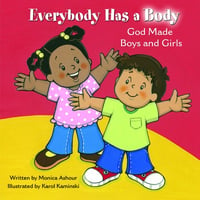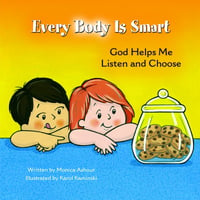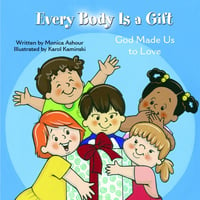Children learn by doing. Take sharing, for example. Here's what doesn't work:
Son, I've asked you to sit down with me today to discuss the multifaceted benefits of sharing, both for the individual who shares and for the community concerned with fairness. I realize you're only two years old [stop chewing on that electric cord, please], but I believe even you can learn to appreciate why [seriously, that's dangerous--put down the cord] sharing will enrich your young life.
Here's what works better:
[Prying toy out of two-year-old's death grip] Honey, we're going to give this little girl a turn with the toy. Why don't you sing the ABC song with me? When we're done with the song, she'll give the toy back so you can have another turn.
The detached exploration of abstract principles has its place, but typically not with young children. Children are concrete thinkers. Effective parents embrace that fact and use immediate, hands-on opportunities to help children grow.
Some people have a gift for translating complex ideas into simple, concrete lessons children love. Author Monica Ashour does exactly that in a new series from Pauline Books & Media: Theology of the Body Building Blocks for Tots.
I discovered these three sturdy, colorful board books at a conference last weekend.
(The Pauline website lets us take a peek at some of the pages here.)
I am absolutely delighted I happened to see these books. Even though I'm always on the hunt for excellent children's books, I had not yet heard of this Theology of the Body series. The message of each book is simple, but deeply significant.
- Everybody Has a Body: We are all alike because God gave each of us a body. God makes girl bodies and boy bodies. The book's learning goal is to "teach little ones that God made boys and girls different to help us discover and express who we are."
- Every Body Is Smart: Our bodies tell us important things, like when we are hungry or need to sleep. We listen to our bodies and choose how to act. "Teach little ones how to understand what their bodies are telling them and to choose how and when to respond."
- Every Body Is a Gift: God's gifts allow us to accomplish many things with our bodies. Best of all, we can love others. "Teach little ones that we receive and give love to each other through the gift of our human bodies."
On the last panel of each book, the author includes a brief and insightful message to parents, drawing on the beautiful teaching of John Paul II. There's even a reference to Vatican II's Gaudium et Spes! I realize I'm a total church nerd, but I can't be the ONLY one who thrills to see conciliar documents cited at the end of a board book.
These deceptively simple books have serious implications. These days, many of us grieve for young people being encouraged to choose their gender and experiement with their sexuality. Completely out of step with our culture, we dare to maintain that true courage involves accepting God's plan for our bodies, not mutilating our bodies to ameliorate the pain of self-disapproval. Adults who care for children can use these books to celebrate the loving wisdom of God's plan.
Karol Kaminski's illustrations depict a lovely array of body types, ethnicities, and physical abilities. And because each book ends by thanking God, readers feel included and invited into relationship with our creator. Made in God's very image and likeness, we rejoice at this opportunity to know more deeply our true selves--and thus also our good and gracious God.
Be sure to check out our Book Notes archive.
Copyright 2015 Grace Mazza Urbanski
Book images courtesy of Pauline Books & Media. All rights reserved.
Your purchase of these books through our Amazon affiliate link helps support CatholicMom.com but costs you nothing extra.
About the Author

Guest
We welcome guest contributors who graciously volunteer their writing for our readers. Please support our guest writers by visiting their sites, purchasing their work, and leaving comments to thank them for sharing their gifts here on CatholicMom.com. To inquire about serving as a guest contributor, contact editor@CatholicMom.com.






.png?width=1806&height=731&name=CatholicMom_hcfm_logo1_pos_871c_2728c%20(002).png)
Comments